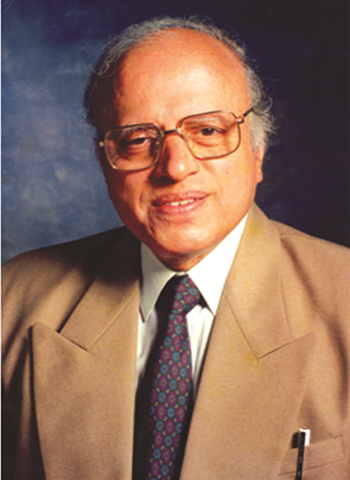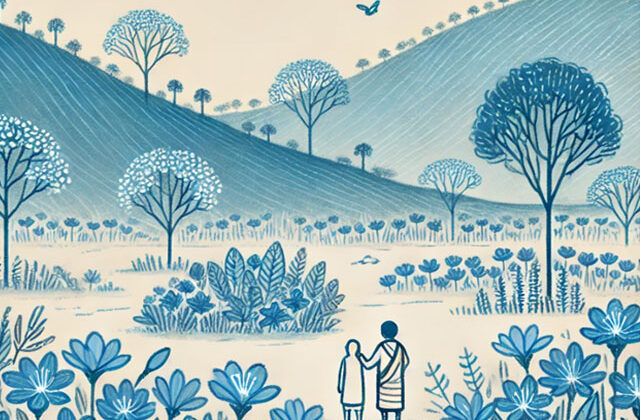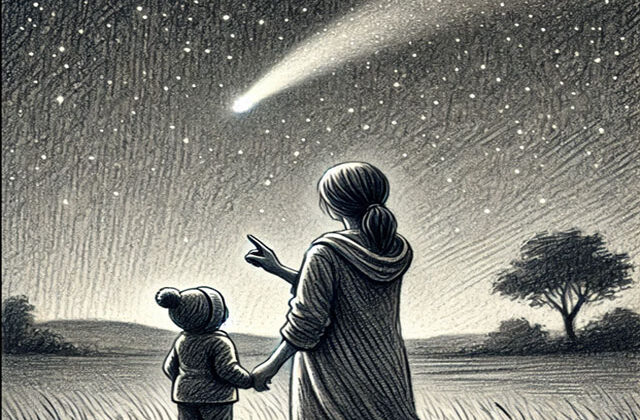
Fabulous Personalities- 1
Dr.Sundarram MBBS., MD
Monkombu Sambasivan Swaminathan (M.S.Swaminathan) was born on August 7,1925 in Kumbakonam,Madras presidency(the present Tamilnadu). He lost his father Sambasivan, at the age of 11, who was a surgeon and social reformer. He was raised up by his uncle M.K.Narayansamy, a renowned scholar at Madras University. Coming from a family of doctors,he naturally took admission in a medical school. The Bengal Famine of 1943 made him reconcile his career decision and further influence from M.K.Gandhi motivated him to pursue a career in agricultural sciences.
EDUCATION
- He completed his B.Sc. Agri in Madras agricultural college after graduating in Zoology.
- He then completed his postgraduation in cytogenetics and plant breeding in Indian Agricultural Research Institute,New Delhi.
- He earned a Ph.D.(Doctor of philosophy) in 1952 from University of Cambridge school of agriculture for his thesis on “Species Differentiation, and the Nature of Polyploidy in certain species of the genus Solanum – section Tuberarium.”
- After his post doctoral study , he declined the offer of a full time faculty position offered by the University of Wisconsin and returned to India in 1954.
THE GREEN REVOLUTION
India faced frequent draughts and famines in early 1960s which led to food shortages among the growing country’s population. Being a philanthropic person himself,he along with Norman Borlaug and other scientists around the world developed high yielding varities(HYV) of wheat. This development led to Green Revolution in India and M S Swaminathan was known as ‘The Father of Green Revolution’. Among the food grains too, it is the wheat crop which drew maximum benefit from Green Revolution. The production of wheat increased by more than
three times between 1967-68 and
2003-04. On account of this reason, it is said that the Green Revolution in India is largely the Wheat Revolution. He is also credited for his research works on potato(solanum tuberosum), rice(oryza sativa),
jute etc.
PROFESSIONAL CREDENTIALS
- He served as the Director General of ICAR between 1972-1979 and Director General of International Rice research Institute between 1982-1988.
- He held the post of principal secretary of ministry of agriculture in 1979.
- He has been elected the president of various UN organizations like UNDP and UNESCO at different timelines.
AWARDS AND HONOURS
- He is a recipient of Albert Einstein World award of science in 1986.
- He is the first person to be awarded with WORLD FOOD PRIZE on October 1987.
- On account of acknowledging his contributions to the field of Indian agriculture,our government has accorded him with Padma Shri and Padma Bhushan in 1967 and 1972 respectively,which are two of the highest civilian honours in India and later awarded him with Padma Vibhushan in 1989.
- He is also a recipient of The Tyler prize for environmental achievement in 1991 for promoting biodiversity.
- He has over 50 honorary doctorates from all around the globe.
MSSRF
M.S.Swaminathan Research Foundation was established in 1988 from the proceeds of first world food price award by him.The headquarters is located in Taramani,Chennai.
- It aims to inculcate modern scientific techniques for agricultural and rural development for the welfare of poor communities.
- S.S believes in women empowerment and advocates that feminization of agriculture could do wonders for the family and the community.
- The organization follows pro-poor ,pro-woman, pro-nature approach and addresses practical problems in the field of food,nutrition,agriculture and fisheries with science and technology.
He was one among the three Indians to have featured in the list of most influential persons in Asia in 20th century by Times magazine.
The UNEP described him as the “Father of economic ecology”.It is because of him that today our country is self sufficient in food production.We owe it to him for India being one of the leading rice producers across asia. He still works to eradicate hunger and starvation across the globe. He still strives to enrich the poorest Indian with the fruits of his knowledge. His contribution to agricultural sciences has made an indelible mark on increasing food productivity and he will go into the annals of history as a world class geneticist of rare distinction.






